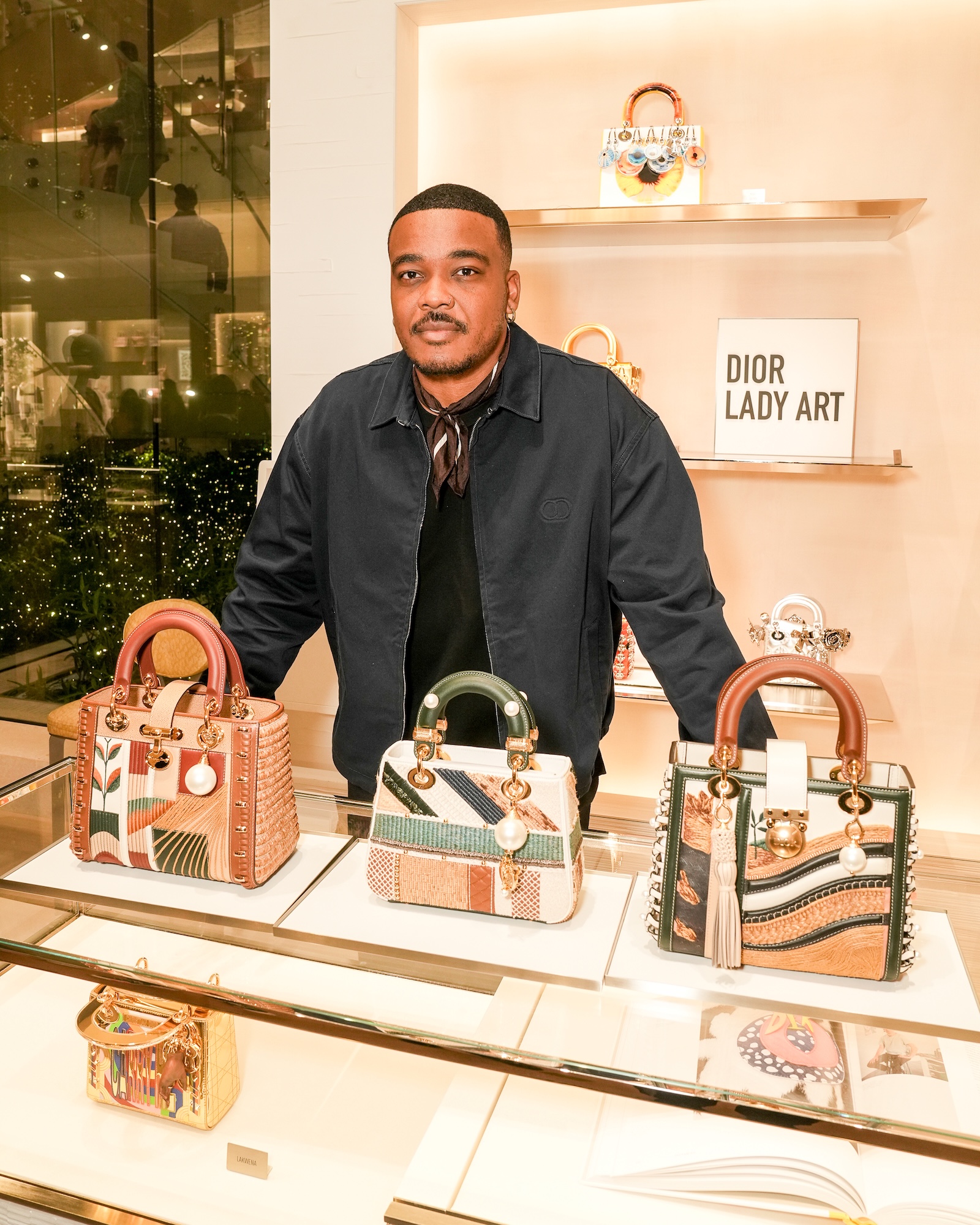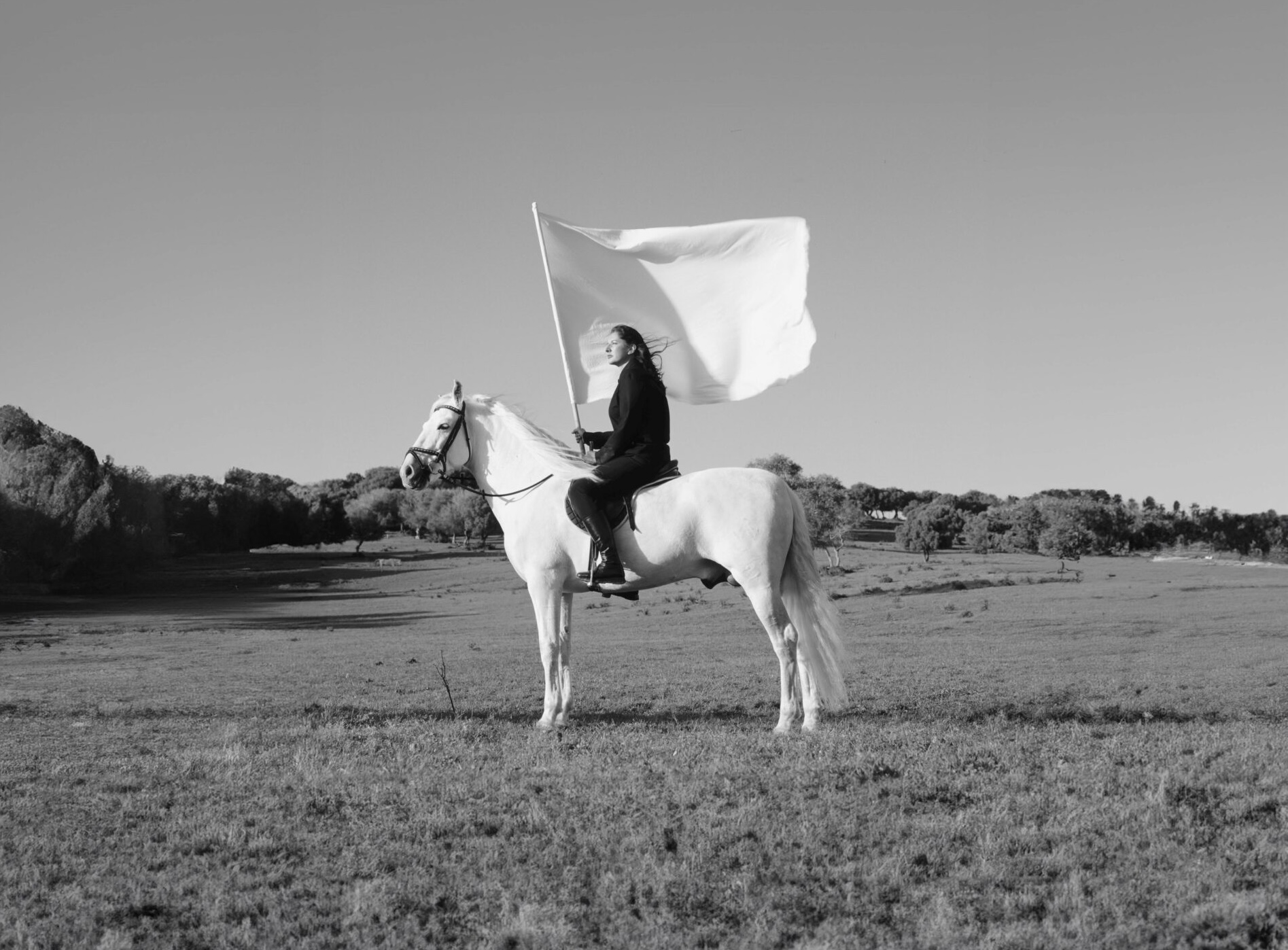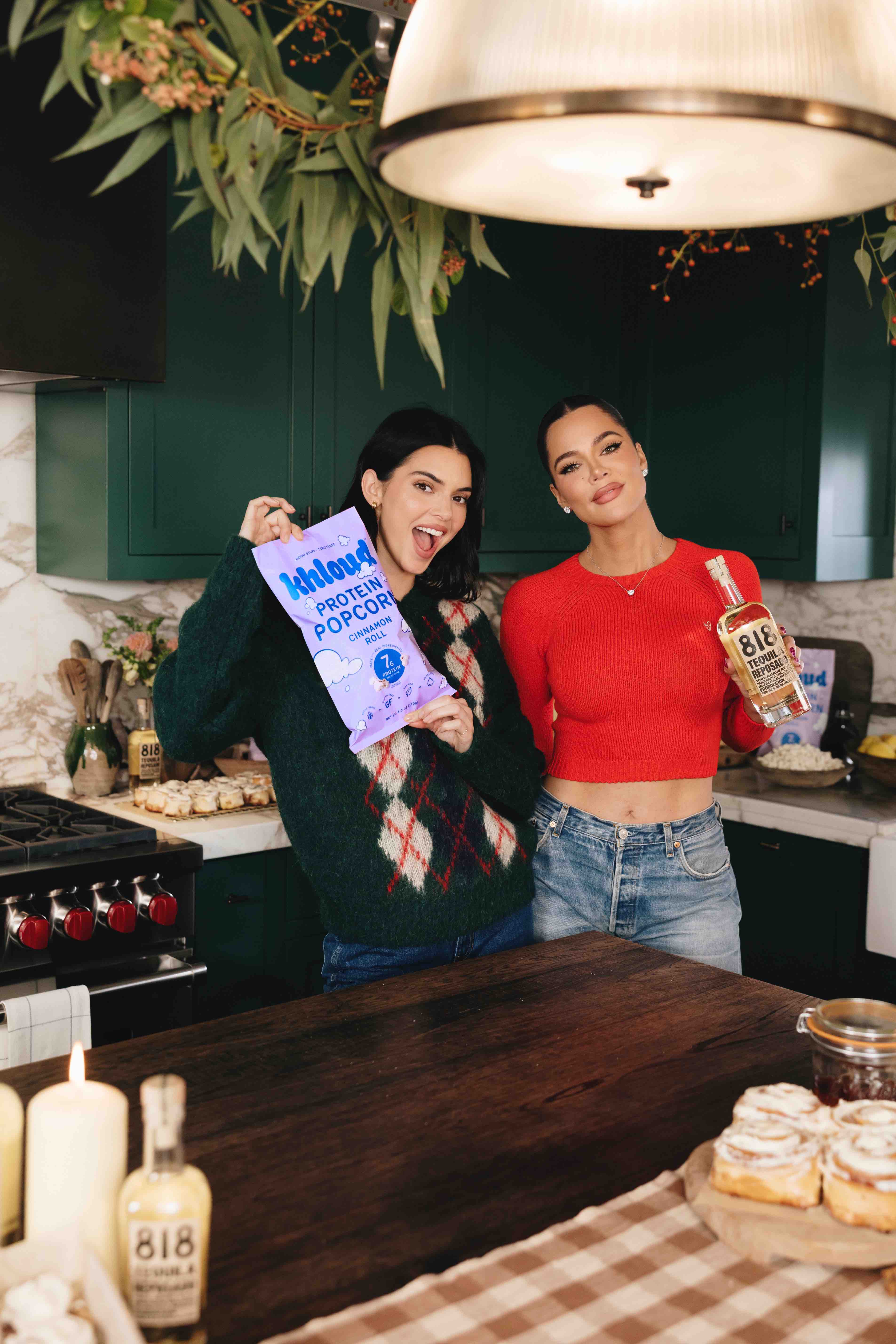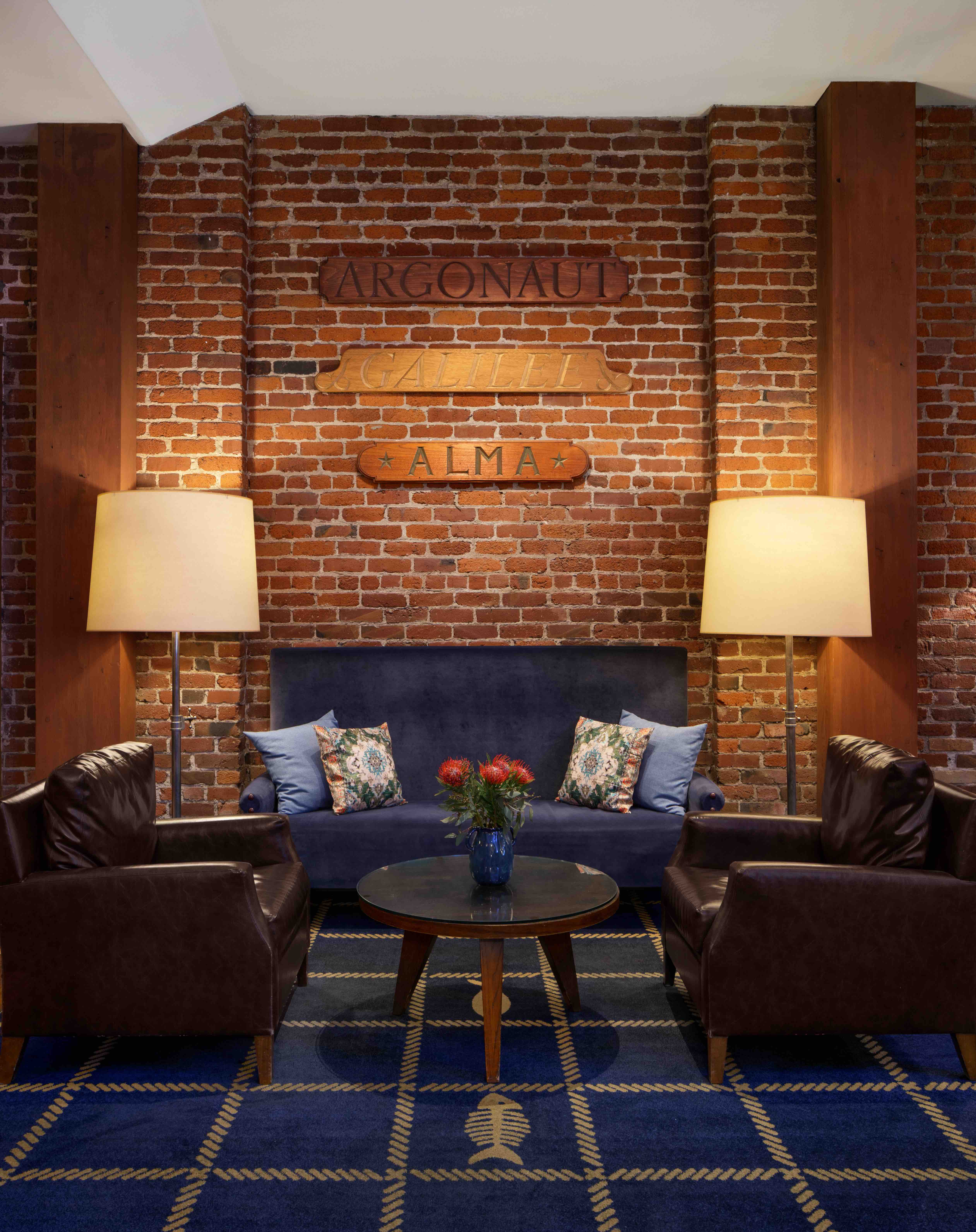

If you’re at all in the gaming world, you’ve probably seen the name [TheFatRat](https://www.instagram.com/thefatratofficial/?hl=en) or heard his music. Hailing from Germany, the producer and musician remains in his own lane, best known for his signature and distinct sound in the dance music realm, which has landed in games like Rocket League and Dota 2. Whether he’s creating progessive house, orchestral trap, K-pop, or what he calls “glitch-hop,” everything is heavily influenced by gaming culture.
Boasting one of the largest followings on Youtube, with 5.55 million subscribers to date, it’s TheFatRat’s international, forward-thinking approach to lift copyright restrictions on his music that resulted in him having been featured in over 25 million videos, altogether accumulating over 30 billion unique views on the platform. In fact, his 2016 extended play “Jackpot” peaked at #23 on the Billboard Dance/Electronic Albums chart, the first of many singles that charted in the iTunes Top 100.
As he continues to defy boundaries, real name Christian Büttner is excited as ever to be bringing that same energy in the video game space to his debut album, PARALLAX. Now, he returns with the first single of the forthcoming album, “[Hiding In The Blue](https://lnk.to/HITBps)” featuring Canadian dance pop singer-songwriter [RIELL](https://www.instagram.com/iamriell/).
Flaunt caught up with TheFatRat, who was in very high spirits after just receiving instrumentals back from violinist Lindsay Sterling. Read below as we discuss his name, love for music and gaming, learning how to produce, the success of “Unity,” his expertise in tech, new single “Hiding in the Blue,” the meaning behind his forthcoming album _PARALLAX_, and more!
* * *
**How did you get your name?**
It was my nickname in school, people bullied me. It was in German, “ratte,” by calling me that and making fun of me because I was the smallest in the entire class. At some point, I decided to pick up the name and work with pride. I used it in online games and tournaments. When I started putting out music, I simply used my other name without giving it any second thought. Now, I still have it.
**What part of Germany are you from?**
I’m still living here in Göttingen in the middle of nowhere. All of the big cities are not in the middle of Germany, but I’m in the middle of Germany. Munich is in the South, Berlin is northeast, and Hamburg’s in the north. In the middle, there’s nothing. It’s a little bit like the US where most cities are on the coast. In the middle there’s farms, and that’s where I live. I was born in Göttingen and live here now again, but I have also lived in Munich and Los Angeles.
**Did music or gaming come first?**
Music came first, I simply grew up making music. I was sitting on my mom’s lap and when she’d play the piano when I was 2 years old, I’d simply press random keys. First my mom wanted to stop me, but after a while she said “No it’s okay, let him play.” After a couple of weeks she did that, she noticed that the keys I was pressing would fit what she was playing. So I learned music like language. I always played music for my entire life.
When I was 12 years old, I discovered games through playing Game Boy, then NES and Super NES and all those things. Production came later. When I had my driver’s license, I wanted to buy a car, but instead I decided to buy studio equipment and get into music production. I had no idea what I could do, then learned it slowly.
**How did you learn how to produce?**
For the first year, I had no idea, but then I started audio engineering for the technical aspect of it. It got better and slowly I did it. I was hustling for almost 10 years barely making any money. I was first producing for artists, I wasn’t an artist myself. I’d produce for K-Pop artists and rappers in the US and everywhere just as a producer. I decided I wanted to make some music where nobody would tell me what to do because the labels, managers, everybody was talking about my work. I thought “Okay, I want to have some stuff that’s really my own.” I started putting out my own stuff and it exploded pretty fast, then I decided to only do my own stuff.
**Was there a turning point that jumpstarted your presence online?**
It was pretty fast. My remix for The Knocks’ song “Brightside” in 2011 went Top 10 on Hype Machine, which was a big deal back then. A couple weeks later I did a remix for Foster the People’s song “Don’t Stop,” which went #1 on Hype Machine. The next single “Xenogenesis” also went #1 on Hype Machine. That was a jumpstart for me.
**Bring us back to when you made “Unity” in 2014. Fondest memories?**
I made the song and said “I love it, but I have no idea if anybody else will like it or not.” Because it was so different from anything else that was out at the moment, also so different from anything I’d done before. I was really scared of putting the song out. I thought everybody would say “What is that?” I put it out and luckily, people reacted pretty positively to it.
**Did you think it would blow up the way it did? It has over 208 millions views on Youtube.**
No! I remember the release was the worst thing you could do. I put out the video on Youtube on a channel with 6,000 subscribers. For example, I didn’t even release it on Spotify or Apple Music. There was no release. I only did the release a half a year later, which is the worst thing you could do for a song. Usually you put out everything at once so you have this hype and buzz going on, but a crazy thing about “Unity” is that it keeps growing. So 2020 was the best year we’ve ever had for “Unity.”
**Why is that?**
I don’t know, it keeps going more and more viral still. It’s not like there was a bump once, then it’s over. Every year it has more plays than the year before on Spotify and all the other platforms. At some point, it might have infinite plays per year.
**What’s the key to gaining a presence on Youtube?**
I really don’t have any master plan. I would happily share it, but I just put up music. I put so much work into the music that I make. For me, that’s my personal recipe there. I release one out of 20 songs. I make so many songs, I only finish the ones I really like. I spend months finishing those songs until I’m really happy with it. Once in a while, they go viral, but not every song.
**New record “**[**Hiding in the Blue**](https://lnk.to/HITBps)**” out now. What’re you most excited for?**
I really like the song because at least my fans will say “Okay, it’s typical of a FatRat song.” At the same time, they’d say it’s new. It’s a new style. That’s always the thing I’m aiming for: innovate, but at the same time still make it recognizable to me.
**How did the collab with RIELL come about?**
She reached out to me and said she’d like to work, sent me some songs. I said “No, those songs don’t really fit. I’m searching more into this direction.” She came back with a couple more songs just like the briefing I gave her, I said “Okay that’s cool, but it’s still not unique enough.” I got onto a call with her and on the call, we said “Maybe do a lot of ideas, rough ideas but a lot of them.” A week later, she got back with 40 ideas. She was killing it. I was really, really impressed by her attitude. She was so relaxed and fun at the same time: “yeah cool, let’s do it.” It was so cool on the Skype part, the Zoom call. It was super fun with her. I invited her to Dubai where I was at the time for 2 weeks, we were working for 2 weeks writing a new song and “Hiding in the Blue” was one of them.
**How do you typically choose who to collab with?**
I get tons of requests from people with ideas and songs, but the decision is very much chaotic and emotional. Whatever feels right, there’s no strategy or anything like that. When it clicks, it clicks. In general I’m very much following whatever I think is fun. Because when I think it’s fun, people are probably going to like it.
**What can we expect from the forthcoming album,** [**_PARALLAX_**](https://lnk.to/TFRPARALLAXPR)**?**
The thing about _PARALLAX_ is it’s 10 songs, but the 10 songs together tell one story. Especially together with the artwork, it’s one cohesive story that goes through all the 10 songs. Every song has its own artwork that will be shown on Youtube before, and social media everywhere. I wanted to make it more one body of work rather than throwing songs together.
**Why did you name it _PARALLAX?_**
The topic of the album is how things look completely differently depending on your perspective, and _PARALLAX_ describes that. You look at something, then you move to another perspective and you see something completely different. That’s what the word _PARALLAX_ is describing.
**How often are you online versus not?**
I’m on the computer all the time, \[laughs\] but not so much online on social media because I’m almost all the time making music. I’m way too little on social media: Instagram, Twitter, and all those things. “Oh shit, I should make a post probably. I haven’t posted for 2 weeks.” That’s usually what happens to me. I meet with my fanbase once a week, every Friday. We meet on Discord, they can ask questions in the chat and I answer them via voice chat. That’s amazing because I learn so much from my fans. For them, it’s also nice because they’re close to me.
**Talk about your approach to lifting copyright restrictions on your music.**
It started when I was doing those remixes. I did some official remixes and those geo-blocking things were incredibly annoying. I can tell you, one reason they put it out in the UK first — stuff was on Hype Machine so people in the UK were blogging about it. Other people in the US were reading about it and asked “Hey, where can I get the remix?” I said “I don’t know, apparently they never put it out in your country. Or maybe later.”
I really think music should be accessible for people that want to hear it, that’s the most important thing. I’m not against copyright, not at all, but you should not protect your songs from your fans. That’s a different thing. Songs should be available for the fans. They should be available for people who want to get creative with it because that adds value for them and it adds value for me. When people remix my songs, it’s great for them and it’s promotion for me at the same time. So why not let them remix them? Why protect everything as if it would hurt you?
**What are the essentials you need in the studio at all times?**
Not surprised, I need coffee. \[laughs\] Other than that, I’m very minimalistic. I work only on my laptop and that’s it. iPhone, laptop, that’s how I work. That’s how I did most of the album. There’s some footage of when we’re working: laptop, headphones, one microphone, coffee and that’s it.
**What’s your favorite thing to do with your kids?**
Playing Super Mario, really well at the moment. We collected 999 moons on Super Mario Odyssey, and now we’re on Super Mario World. We almost completely finished the game: meaning we didn’t only rescue those little fairies, but we almost collected every star in every level. Reached the flagpole on every level and collected every stamp you can collect. We are very completionists there.
**Who do you listen to? Who are your favorite artists?**
Recently I discovered some crazy bass musicians on Audius, like Chmura. It’s like dubstep, but lo-fi. They have some crazy stuff on Audius. Stuff that more people know, I really love Queen. Favorite Queen song is “Somebody to Love.” They make music that’s complex on the inside, but simple on the outside. That’s really inspiring for me.
**What’s one thing fans may not know about you?**
Most of my fans are surprised that I’m German. I have a little accent, but most people only know my music and maybe some pictures. At some point when they hear me talking, they’re like “Wait, what’s that accent? Is he German?” They’re quite surprised.
**Any goals for yourself at this point in your career?**
Not so much. I have my personal goal that I want to get better as a music producer. That’s the most important thing for me, just learn. It’s this funny thing that the more you learn, the more you become aware of how little you know. 20 years ago, I thought I knew about 50% about music. 10 years ago I thought I knew 10% about music. Today, I know 1% about music. There’s always so much to learn.
 
If you’re at all in the gaming world, you’ve probably seen the name [TheFatRat](https://www.instagram.com/thefatratofficial/?hl=en) or heard his music. Hailing from Germany, the producer and musician remains in his own lane, best known for his signature and distinct sound in the dance music realm, which has landed in games like Rocket League and Dota 2. Whether he’s creating progessive house, orchestral trap, K-pop, or what he calls “glitch-hop,” everything is heavily influenced by gaming culture.
Boasting one of the largest followings on Youtube, with 5.55 million subscribers to date, it’s TheFatRat’s international, forward-thinking approach to lift copyright restrictions on his music that resulted in him having been featured in over 25 million videos, altogether accumulating over 30 billion unique views on the platform. In fact, his 2016 extended play “Jackpot” peaked at #23 on the Billboard Dance/Electronic Albums chart, the first of many singles that charted in the iTunes Top 100.
As he continues to defy boundaries, real name Christian Büttner is excited as ever to be bringing that same energy in the video game space to his debut album, PARALLAX. Now, he returns with the first single of the forthcoming album, “[Hiding In The Blue](https://lnk.to/HITBps)” featuring Canadian dance pop singer-songwriter [RIELL](https://www.instagram.com/iamriell/).
Flaunt caught up with TheFatRat, who was in very high spirits after just receiving instrumentals back from violinist Lindsay Sterling. Read below as we discuss his name, love for music and gaming, learning how to produce, the success of “Unity,” his expertise in tech, new single “Hiding in the Blue,” the meaning behind his forthcoming album _PARALLAX_, and more!
* * *
**How did you get your name?**
It was my nickname in school, people bullied me. It was in German, “ratte,” by calling me that and making fun of me because I was the smallest in the entire class. At some point, I decided to pick up the name and work with pride. I used it in online games and tournaments. When I started putting out music, I simply used my other name without giving it any second thought. Now, I still have it.
**What part of Germany are you from?**
I’m still living here in Göttingen in the middle of nowhere. All of the big cities are not in the middle of Germany, but I’m in the middle of Germany. Munich is in the South, Berlin is northeast, and Hamburg’s in the north. In the middle, there’s nothing. It’s a little bit like the US where most cities are on the coast. In the middle there’s farms, and that’s where I live. I was born in Göttingen and live here now again, but I have also lived in Munich and Los Angeles.
**Did music or gaming come first?**
Music came first, I simply grew up making music. I was sitting on my mom’s lap and when she’d play the piano when I was 2 years old, I’d simply press random keys. First my mom wanted to stop me, but after a while she said “No it’s okay, let him play.” After a couple of weeks she did that, she noticed that the keys I was pressing would fit what she was playing. So I learned music like language. I always played music for my entire life.
When I was 12 years old, I discovered games through playing Game Boy, then NES and Super NES and all those things. Production came later. When I had my driver’s license, I wanted to buy a car, but instead I decided to buy studio equipment and get into music production. I had no idea what I could do, then learned it slowly.
**How did you learn how to produce?**
For the first year, I had no idea, but then I started audio engineering for the technical aspect of it. It got better and slowly I did it. I was hustling for almost 10 years barely making any money. I was first producing for artists, I wasn’t an artist myself. I’d produce for K-Pop artists and rappers in the US and everywhere just as a producer. I decided I wanted to make some music where nobody would tell me what to do because the labels, managers, everybody was talking about my work. I thought “Okay, I want to have some stuff that’s really my own.” I started putting out my own stuff and it exploded pretty fast, then I decided to only do my own stuff.
**Was there a turning point that jumpstarted your presence online?**
It was pretty fast. My remix for The Knocks’ song “Brightside” in 2011 went Top 10 on Hype Machine, which was a big deal back then. A couple weeks later I did a remix for Foster the People’s song “Don’t Stop,” which went #1 on Hype Machine. The next single “Xenogenesis” also went #1 on Hype Machine. That was a jumpstart for me.
**Bring us back to when you made “Unity” in 2014. Fondest memories?**
I made the song and said “I love it, but I have no idea if anybody else will like it or not.” Because it was so different from anything else that was out at the moment, also so different from anything I’d done before. I was really scared of putting the song out. I thought everybody would say “What is that?” I put it out and luckily, people reacted pretty positively to it.
**Did you think it would blow up the way it did? It has over 208 millions views on Youtube.**
No! I remember the release was the worst thing you could do. I put out the video on Youtube on a channel with 6,000 subscribers. For example, I didn’t even release it on Spotify or Apple Music. There was no release. I only did the release a half a year later, which is the worst thing you could do for a song. Usually you put out everything at once so you have this hype and buzz going on, but a crazy thing about “Unity” is that it keeps growing. So 2020 was the best year we’ve ever had for “Unity.”
**Why is that?**
I don’t know, it keeps going more and more viral still. It’s not like there was a bump once, then it’s over. Every year it has more plays than the year before on Spotify and all the other platforms. At some point, it might have infinite plays per year.
**What’s the key to gaining a presence on Youtube?**
I really don’t have any master plan. I would happily share it, but I just put up music. I put so much work into the music that I make. For me, that’s my personal recipe there. I release one out of 20 songs. I make so many songs, I only finish the ones I really like. I spend months finishing those songs until I’m really happy with it. Once in a while, they go viral, but not every song.
**New record “**[**Hiding in the Blue**](https://lnk.to/HITBps)**” out now. What’re you most excited for?**
I really like the song because at least my fans will say “Okay, it’s typical of a FatRat song.” At the same time, they’d say it’s new. It’s a new style. That’s always the thing I’m aiming for: innovate, but at the same time still make it recognizable to me.
**How did the collab with RIELL come about?**
She reached out to me and said she’d like to work, sent me some songs. I said “No, those songs don’t really fit. I’m searching more into this direction.” She came back with a couple more songs just like the briefing I gave her, I said “Okay that’s cool, but it’s still not unique enough.” I got onto a call with her and on the call, we said “Maybe do a lot of ideas, rough ideas but a lot of them.” A week later, she got back with 40 ideas. She was killing it. I was really, really impressed by her attitude. She was so relaxed and fun at the same time: “yeah cool, let’s do it.” It was so cool on the Skype part, the Zoom call. It was super fun with her. I invited her to Dubai where I was at the time for 2 weeks, we were working for 2 weeks writing a new song and “Hiding in the Blue” was one of them.
**How do you typically choose who to collab with?**
I get tons of requests from people with ideas and songs, but the decision is very much chaotic and emotional. Whatever feels right, there’s no strategy or anything like that. When it clicks, it clicks. In general I’m very much following whatever I think is fun. Because when I think it’s fun, people are probably going to like it.
**What can we expect from the forthcoming album,** [**_PARALLAX_**](https://lnk.to/TFRPARALLAXPR)**?**
The thing about _PARALLAX_ is it’s 10 songs, but the 10 songs together tell one story. Especially together with the artwork, it’s one cohesive story that goes through all the 10 songs. Every song has its own artwork that will be shown on Youtube before, and social media everywhere. I wanted to make it more one body of work rather than throwing songs together.
**Why did you name it _PARALLAX?_**
The topic of the album is how things look completely differently depending on your perspective, and _PARALLAX_ describes that. You look at something, then you move to another perspective and you see something completely different. That’s what the word _PARALLAX_ is describing.
**How often are you online versus not?**
I’m on the computer all the time, \[laughs\] but not so much online on social media because I’m almost all the time making music. I’m way too little on social media: Instagram, Twitter, and all those things. “Oh shit, I should make a post probably. I haven’t posted for 2 weeks.” That’s usually what happens to me. I meet with my fanbase once a week, every Friday. We meet on Discord, they can ask questions in the chat and I answer them via voice chat. That’s amazing because I learn so much from my fans. For them, it’s also nice because they’re close to me.
**Talk about your approach to lifting copyright restrictions on your music.**
It started when I was doing those remixes. I did some official remixes and those geo-blocking things were incredibly annoying. I can tell you, one reason they put it out in the UK first — stuff was on Hype Machine so people in the UK were blogging about it. Other people in the US were reading about it and asked “Hey, where can I get the remix?” I said “I don’t know, apparently they never put it out in your country. Or maybe later.”
I really think music should be accessible for people that want to hear it, that’s the most important thing. I’m not against copyright, not at all, but you should not protect your songs from your fans. That’s a different thing. Songs should be available for the fans. They should be available for people who want to get creative with it because that adds value for them and it adds value for me. When people remix my songs, it’s great for them and it’s promotion for me at the same time. So why not let them remix them? Why protect everything as if it would hurt you?
**What are the essentials you need in the studio at all times?**
Not surprised, I need coffee. \[laughs\] Other than that, I’m very minimalistic. I work only on my laptop and that’s it. iPhone, laptop, that’s how I work. That’s how I did most of the album. There’s some footage of when we’re working: laptop, headphones, one microphone, coffee and that’s it.
**What’s your favorite thing to do with your kids?**
Playing Super Mario, really well at the moment. We collected 999 moons on Super Mario Odyssey, and now we’re on Super Mario World. We almost completely finished the game: meaning we didn’t only rescue those little fairies, but we almost collected every star in every level. Reached the flagpole on every level and collected every stamp you can collect. We are very completionists there.
**Who do you listen to? Who are your favorite artists?**
Recently I discovered some crazy bass musicians on Audius, like Chmura. It’s like dubstep, but lo-fi. They have some crazy stuff on Audius. Stuff that more people know, I really love Queen. Favorite Queen song is “Somebody to Love.” They make music that’s complex on the inside, but simple on the outside. That’s really inspiring for me.
**What’s one thing fans may not know about you?**
Most of my fans are surprised that I’m German. I have a little accent, but most people only know my music and maybe some pictures. At some point when they hear me talking, they’re like “Wait, what’s that accent? Is he German?” They’re quite surprised.
**Any goals for yourself at this point in your career?**
Not so much. I have my personal goal that I want to get better as a music producer. That’s the most important thing for me, just learn. It’s this funny thing that the more you learn, the more you become aware of how little you know. 20 years ago, I thought I knew about 50% about music. 10 years ago I thought I knew 10% about music. Today, I know 1% about music. There’s always so much to learn.

If you’re at all in the gaming world, you’ve probably seen the name [TheFatRat](https://www.instagram.com/thefatratofficial/?hl=en) or heard his music. Hailing from Germany, the producer and musician remains in his own lane, best known for his signature and distinct sound in the dance music realm, which has landed in games like Rocket League and Dota 2. Whether he’s creating progessive house, orchestral trap, K-pop, or what he calls “glitch-hop,” everything is heavily influenced by gaming culture.
Boasting one of the largest followings on Youtube, with 5.55 million subscribers to date, it’s TheFatRat’s international, forward-thinking approach to lift copyright restrictions on his music that resulted in him having been featured in over 25 million videos, altogether accumulating over 30 billion unique views on the platform. In fact, his 2016 extended play “Jackpot” peaked at #23 on the Billboard Dance/Electronic Albums chart, the first of many singles that charted in the iTunes Top 100.
As he continues to defy boundaries, real name Christian Büttner is excited as ever to be bringing that same energy in the video game space to his debut album, PARALLAX. Now, he returns with the first single of the forthcoming album, “[Hiding In The Blue](https://lnk.to/HITBps)” featuring Canadian dance pop singer-songwriter [RIELL](https://www.instagram.com/iamriell/).
Flaunt caught up with TheFatRat, who was in very high spirits after just receiving instrumentals back from violinist Lindsay Sterling. Read below as we discuss his name, love for music and gaming, learning how to produce, the success of “Unity,” his expertise in tech, new single “Hiding in the Blue,” the meaning behind his forthcoming album _PARALLAX_, and more!
* * *
**How did you get your name?**
It was my nickname in school, people bullied me. It was in German, “ratte,” by calling me that and making fun of me because I was the smallest in the entire class. At some point, I decided to pick up the name and work with pride. I used it in online games and tournaments. When I started putting out music, I simply used my other name without giving it any second thought. Now, I still have it.
**What part of Germany are you from?**
I’m still living here in Göttingen in the middle of nowhere. All of the big cities are not in the middle of Germany, but I’m in the middle of Germany. Munich is in the South, Berlin is northeast, and Hamburg’s in the north. In the middle, there’s nothing. It’s a little bit like the US where most cities are on the coast. In the middle there’s farms, and that’s where I live. I was born in Göttingen and live here now again, but I have also lived in Munich and Los Angeles.
**Did music or gaming come first?**
Music came first, I simply grew up making music. I was sitting on my mom’s lap and when she’d play the piano when I was 2 years old, I’d simply press random keys. First my mom wanted to stop me, but after a while she said “No it’s okay, let him play.” After a couple of weeks she did that, she noticed that the keys I was pressing would fit what she was playing. So I learned music like language. I always played music for my entire life.
When I was 12 years old, I discovered games through playing Game Boy, then NES and Super NES and all those things. Production came later. When I had my driver’s license, I wanted to buy a car, but instead I decided to buy studio equipment and get into music production. I had no idea what I could do, then learned it slowly.
**How did you learn how to produce?**
For the first year, I had no idea, but then I started audio engineering for the technical aspect of it. It got better and slowly I did it. I was hustling for almost 10 years barely making any money. I was first producing for artists, I wasn’t an artist myself. I’d produce for K-Pop artists and rappers in the US and everywhere just as a producer. I decided I wanted to make some music where nobody would tell me what to do because the labels, managers, everybody was talking about my work. I thought “Okay, I want to have some stuff that’s really my own.” I started putting out my own stuff and it exploded pretty fast, then I decided to only do my own stuff.
**Was there a turning point that jumpstarted your presence online?**
It was pretty fast. My remix for The Knocks’ song “Brightside” in 2011 went Top 10 on Hype Machine, which was a big deal back then. A couple weeks later I did a remix for Foster the People’s song “Don’t Stop,” which went #1 on Hype Machine. The next single “Xenogenesis” also went #1 on Hype Machine. That was a jumpstart for me.
**Bring us back to when you made “Unity” in 2014. Fondest memories?**
I made the song and said “I love it, but I have no idea if anybody else will like it or not.” Because it was so different from anything else that was out at the moment, also so different from anything I’d done before. I was really scared of putting the song out. I thought everybody would say “What is that?” I put it out and luckily, people reacted pretty positively to it.
**Did you think it would blow up the way it did? It has over 208 millions views on Youtube.**
No! I remember the release was the worst thing you could do. I put out the video on Youtube on a channel with 6,000 subscribers. For example, I didn’t even release it on Spotify or Apple Music. There was no release. I only did the release a half a year later, which is the worst thing you could do for a song. Usually you put out everything at once so you have this hype and buzz going on, but a crazy thing about “Unity” is that it keeps growing. So 2020 was the best year we’ve ever had for “Unity.”
**Why is that?**
I don’t know, it keeps going more and more viral still. It’s not like there was a bump once, then it’s over. Every year it has more plays than the year before on Spotify and all the other platforms. At some point, it might have infinite plays per year.
**What’s the key to gaining a presence on Youtube?**
I really don’t have any master plan. I would happily share it, but I just put up music. I put so much work into the music that I make. For me, that’s my personal recipe there. I release one out of 20 songs. I make so many songs, I only finish the ones I really like. I spend months finishing those songs until I’m really happy with it. Once in a while, they go viral, but not every song.
**New record “**[**Hiding in the Blue**](https://lnk.to/HITBps)**” out now. What’re you most excited for?**
I really like the song because at least my fans will say “Okay, it’s typical of a FatRat song.” At the same time, they’d say it’s new. It’s a new style. That’s always the thing I’m aiming for: innovate, but at the same time still make it recognizable to me.
**How did the collab with RIELL come about?**
She reached out to me and said she’d like to work, sent me some songs. I said “No, those songs don’t really fit. I’m searching more into this direction.” She came back with a couple more songs just like the briefing I gave her, I said “Okay that’s cool, but it’s still not unique enough.” I got onto a call with her and on the call, we said “Maybe do a lot of ideas, rough ideas but a lot of them.” A week later, she got back with 40 ideas. She was killing it. I was really, really impressed by her attitude. She was so relaxed and fun at the same time: “yeah cool, let’s do it.” It was so cool on the Skype part, the Zoom call. It was super fun with her. I invited her to Dubai where I was at the time for 2 weeks, we were working for 2 weeks writing a new song and “Hiding in the Blue” was one of them.
**How do you typically choose who to collab with?**
I get tons of requests from people with ideas and songs, but the decision is very much chaotic and emotional. Whatever feels right, there’s no strategy or anything like that. When it clicks, it clicks. In general I’m very much following whatever I think is fun. Because when I think it’s fun, people are probably going to like it.
**What can we expect from the forthcoming album,** [**_PARALLAX_**](https://lnk.to/TFRPARALLAXPR)**?**
The thing about _PARALLAX_ is it’s 10 songs, but the 10 songs together tell one story. Especially together with the artwork, it’s one cohesive story that goes through all the 10 songs. Every song has its own artwork that will be shown on Youtube before, and social media everywhere. I wanted to make it more one body of work rather than throwing songs together.
**Why did you name it _PARALLAX?_**
The topic of the album is how things look completely differently depending on your perspective, and _PARALLAX_ describes that. You look at something, then you move to another perspective and you see something completely different. That’s what the word _PARALLAX_ is describing.
**How often are you online versus not?**
I’m on the computer all the time, \[laughs\] but not so much online on social media because I’m almost all the time making music. I’m way too little on social media: Instagram, Twitter, and all those things. “Oh shit, I should make a post probably. I haven’t posted for 2 weeks.” That’s usually what happens to me. I meet with my fanbase once a week, every Friday. We meet on Discord, they can ask questions in the chat and I answer them via voice chat. That’s amazing because I learn so much from my fans. For them, it’s also nice because they’re close to me.
**Talk about your approach to lifting copyright restrictions on your music.**
It started when I was doing those remixes. I did some official remixes and those geo-blocking things were incredibly annoying. I can tell you, one reason they put it out in the UK first — stuff was on Hype Machine so people in the UK were blogging about it. Other people in the US were reading about it and asked “Hey, where can I get the remix?” I said “I don’t know, apparently they never put it out in your country. Or maybe later.”
I really think music should be accessible for people that want to hear it, that’s the most important thing. I’m not against copyright, not at all, but you should not protect your songs from your fans. That’s a different thing. Songs should be available for the fans. They should be available for people who want to get creative with it because that adds value for them and it adds value for me. When people remix my songs, it’s great for them and it’s promotion for me at the same time. So why not let them remix them? Why protect everything as if it would hurt you?
**What are the essentials you need in the studio at all times?**
Not surprised, I need coffee. \[laughs\] Other than that, I’m very minimalistic. I work only on my laptop and that’s it. iPhone, laptop, that’s how I work. That’s how I did most of the album. There’s some footage of when we’re working: laptop, headphones, one microphone, coffee and that’s it.
**What’s your favorite thing to do with your kids?**
Playing Super Mario, really well at the moment. We collected 999 moons on Super Mario Odyssey, and now we’re on Super Mario World. We almost completely finished the game: meaning we didn’t only rescue those little fairies, but we almost collected every star in every level. Reached the flagpole on every level and collected every stamp you can collect. We are very completionists there.
**Who do you listen to? Who are your favorite artists?**
Recently I discovered some crazy bass musicians on Audius, like Chmura. It’s like dubstep, but lo-fi. They have some crazy stuff on Audius. Stuff that more people know, I really love Queen. Favorite Queen song is “Somebody to Love.” They make music that’s complex on the inside, but simple on the outside. That’s really inspiring for me.
**What’s one thing fans may not know about you?**
Most of my fans are surprised that I’m German. I have a little accent, but most people only know my music and maybe some pictures. At some point when they hear me talking, they’re like “Wait, what’s that accent? Is he German?” They’re quite surprised.
**Any goals for yourself at this point in your career?**
Not so much. I have my personal goal that I want to get better as a music producer. That’s the most important thing for me, just learn. It’s this funny thing that the more you learn, the more you become aware of how little you know. 20 years ago, I thought I knew about 50% about music. 10 years ago I thought I knew 10% about music. Today, I know 1% about music. There’s always so much to learn.
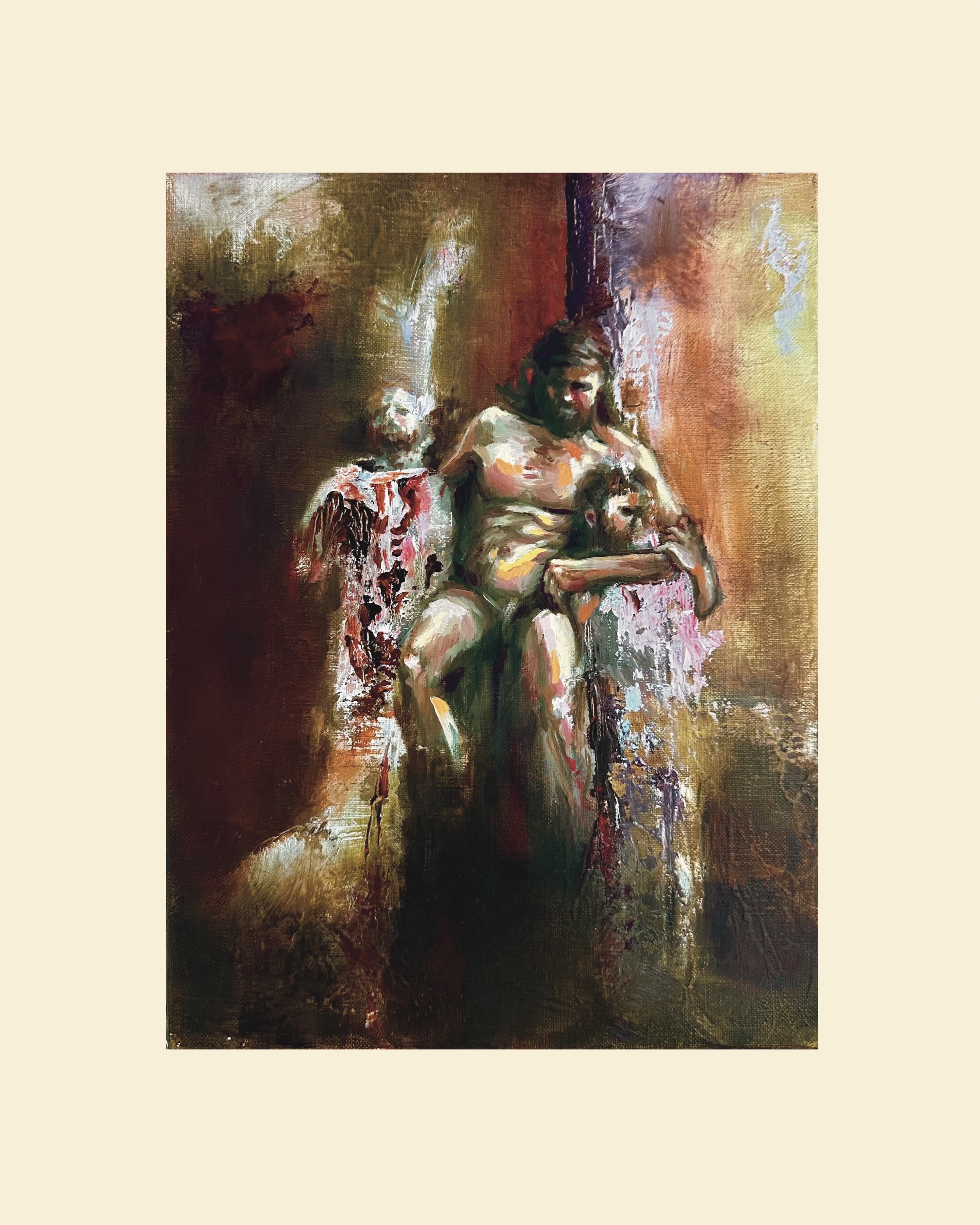
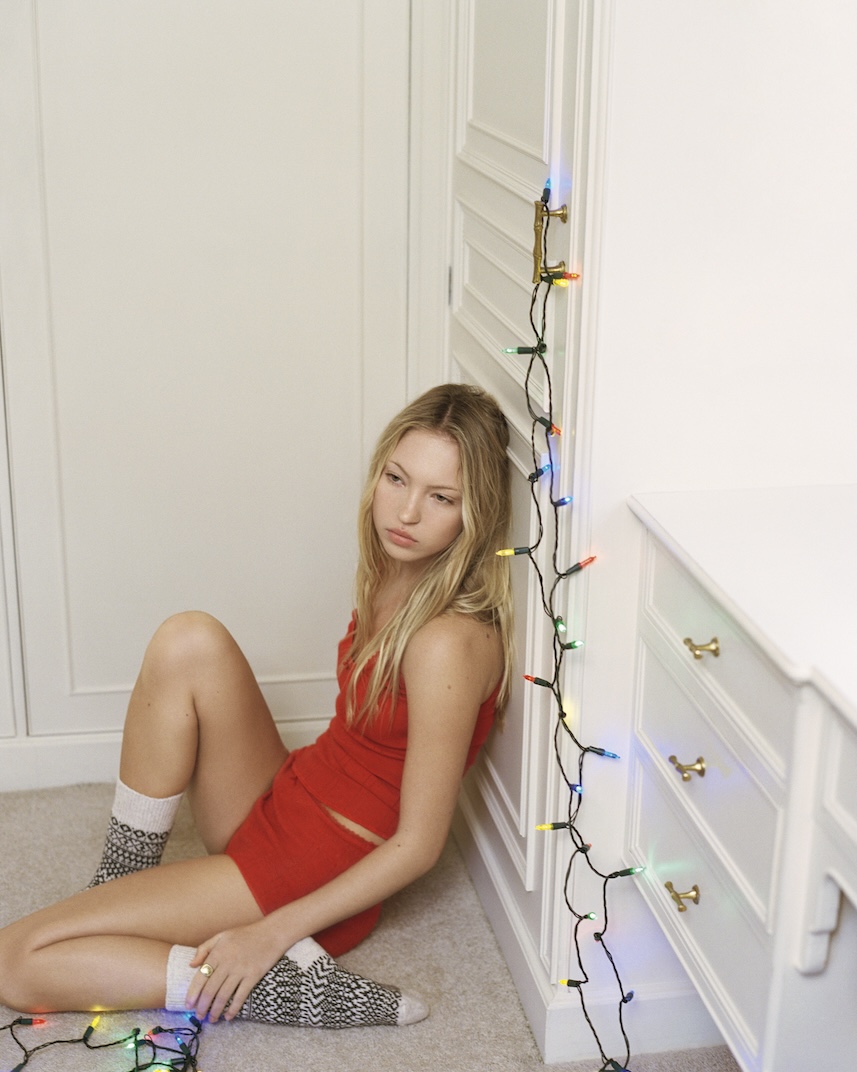
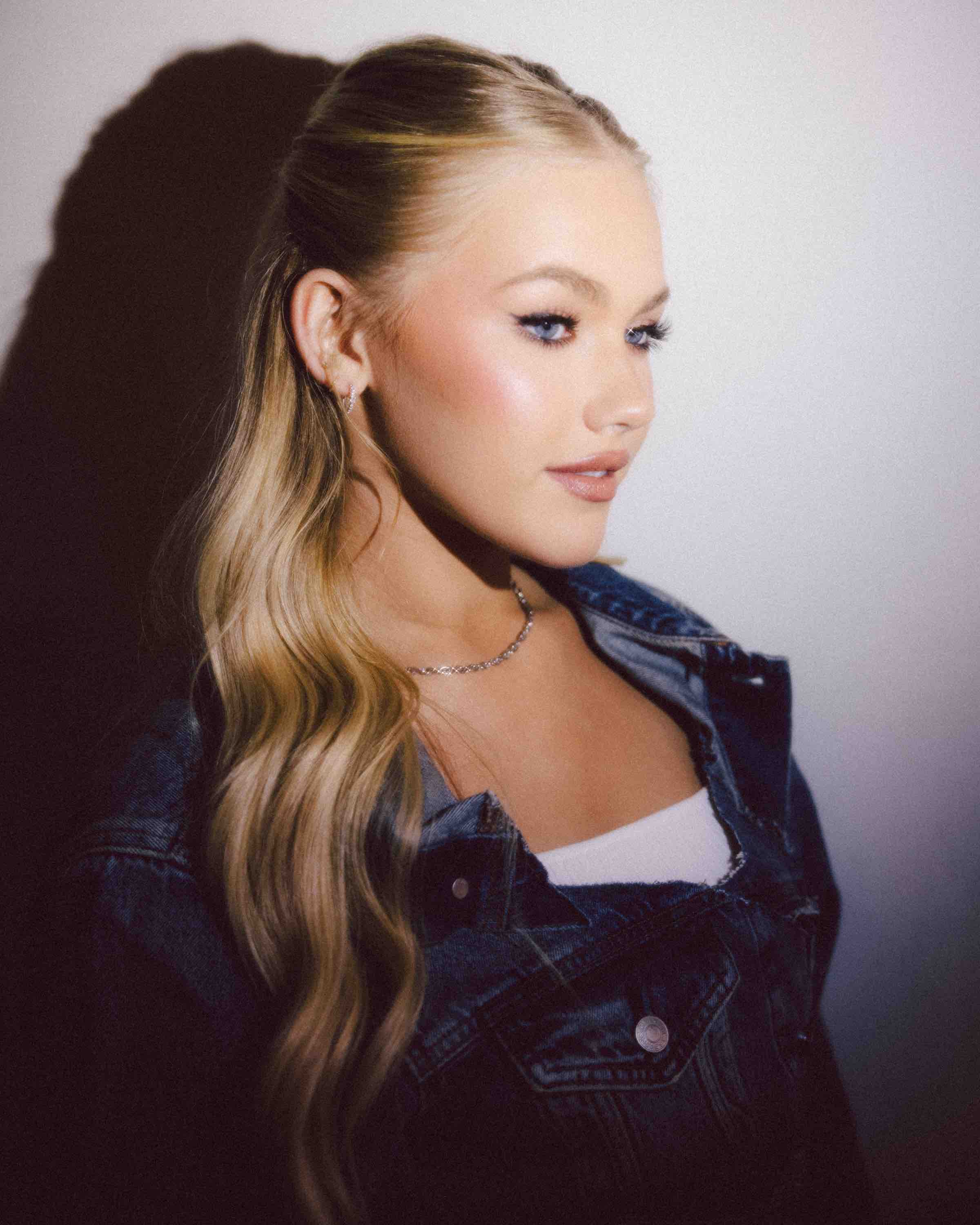
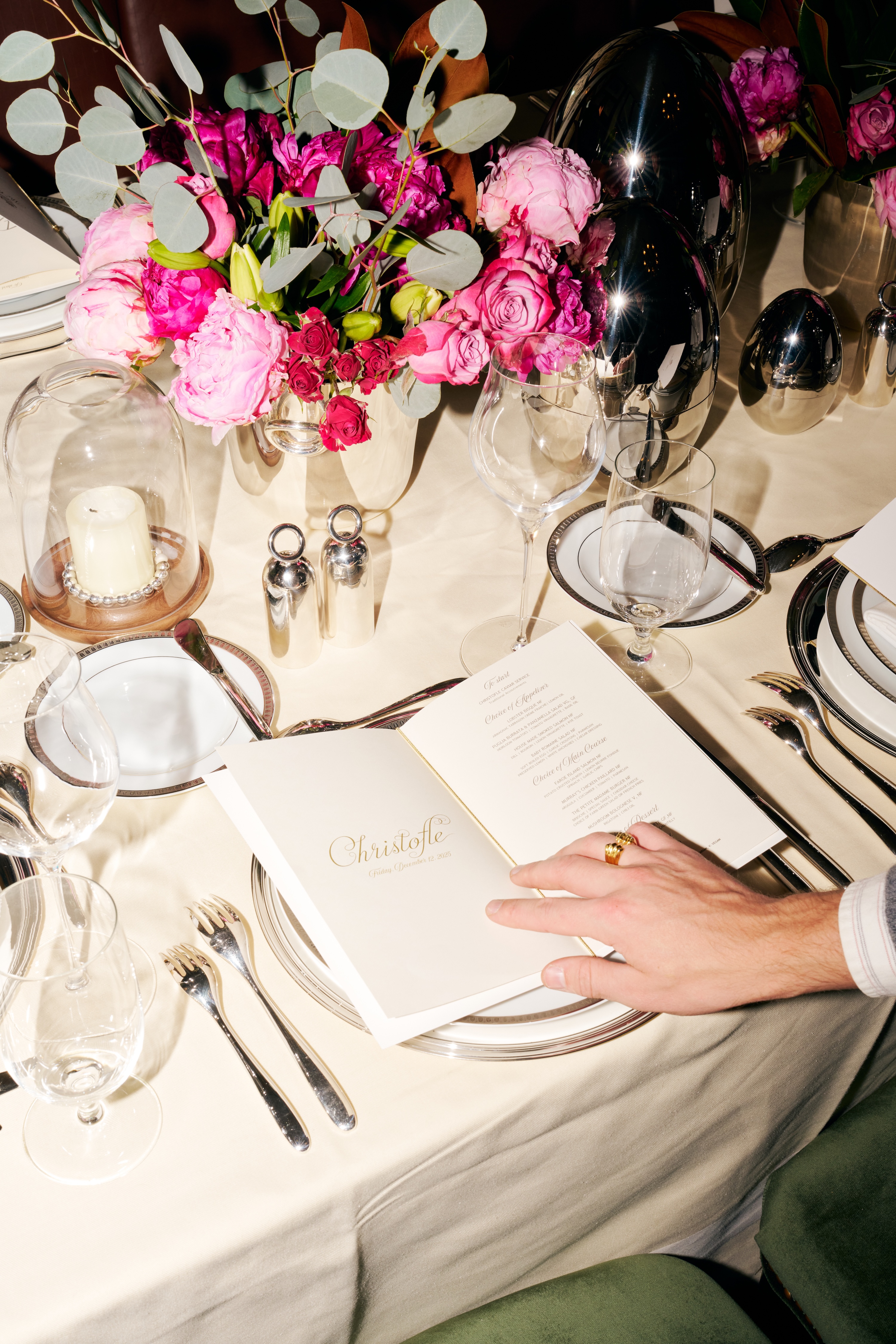
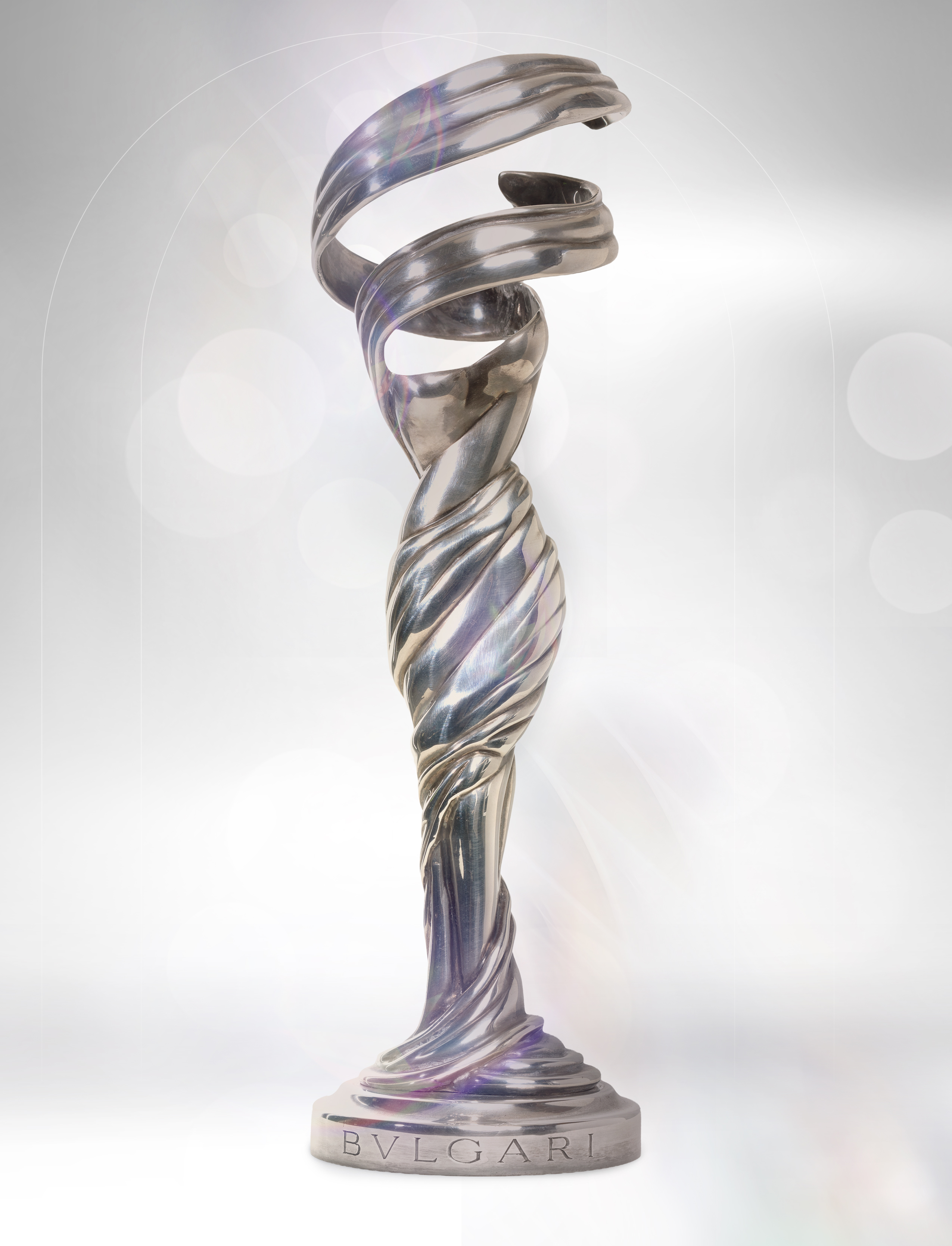
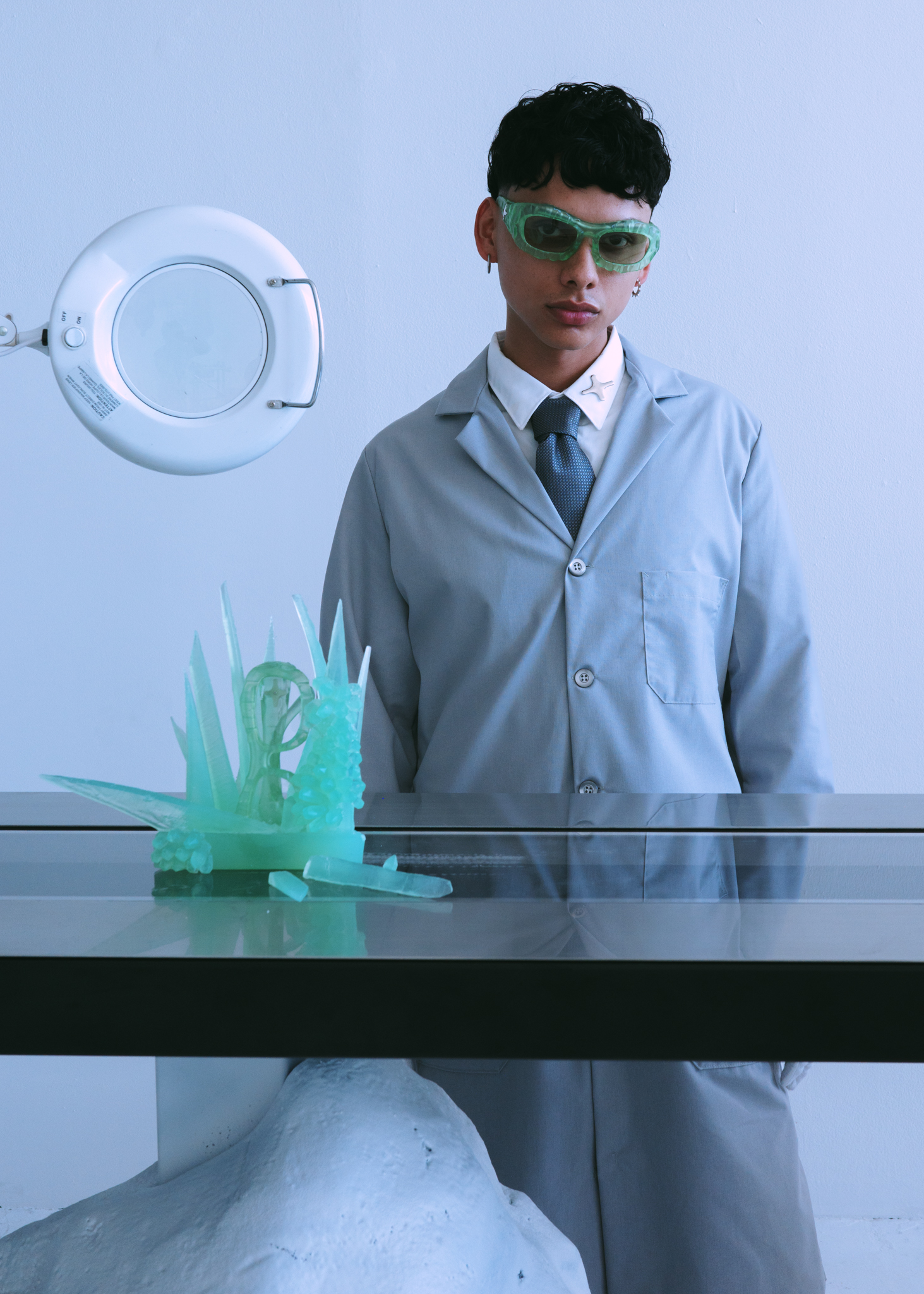
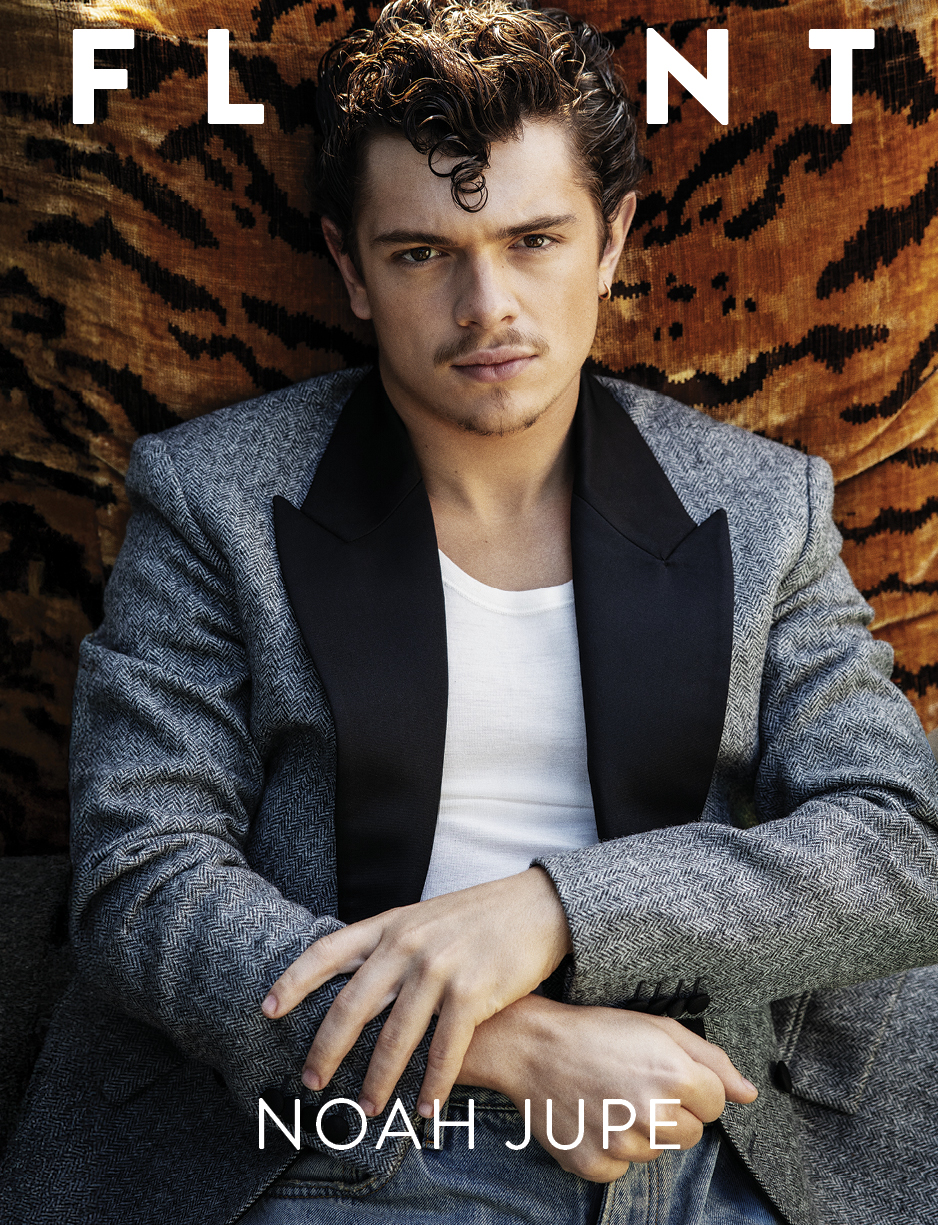
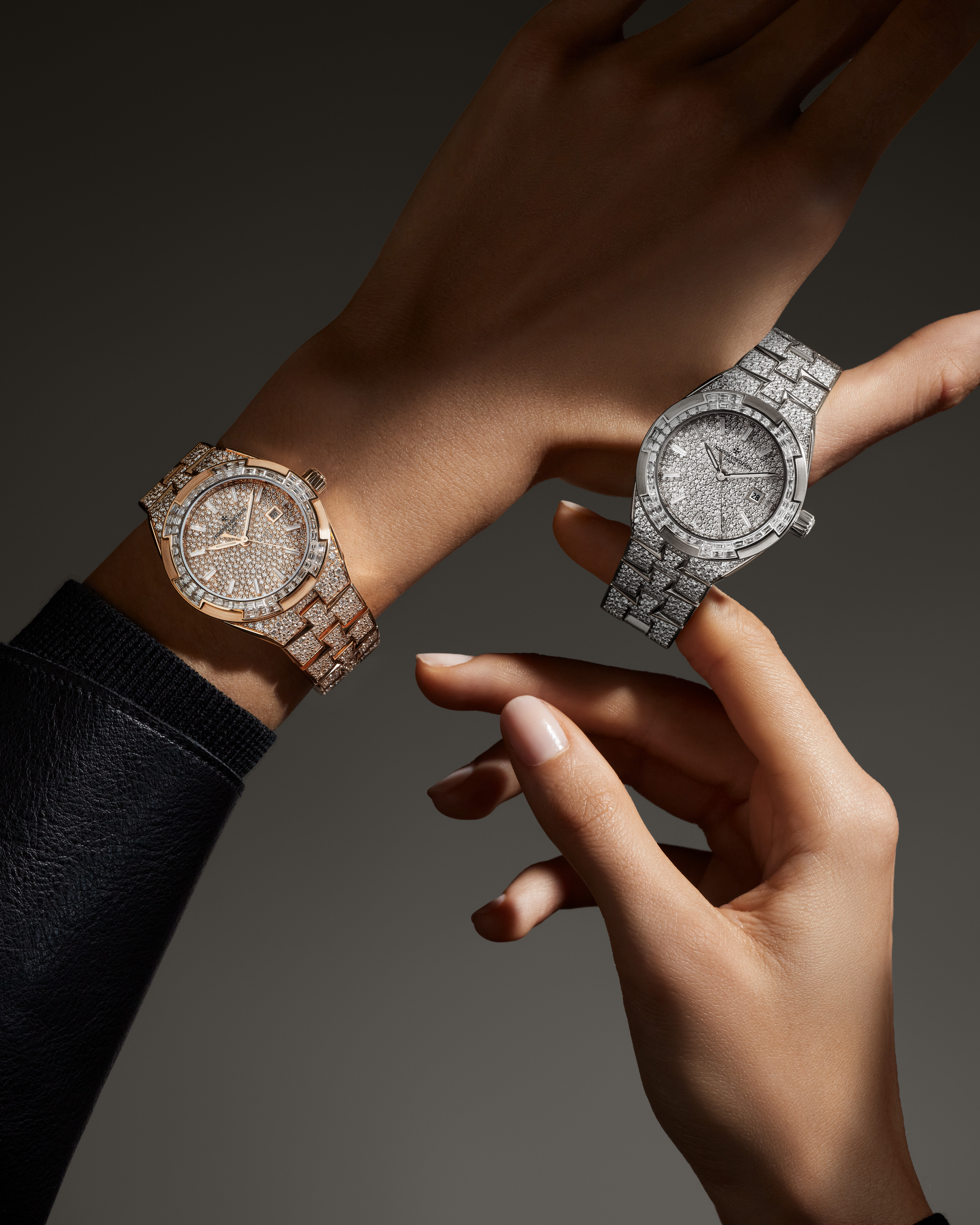
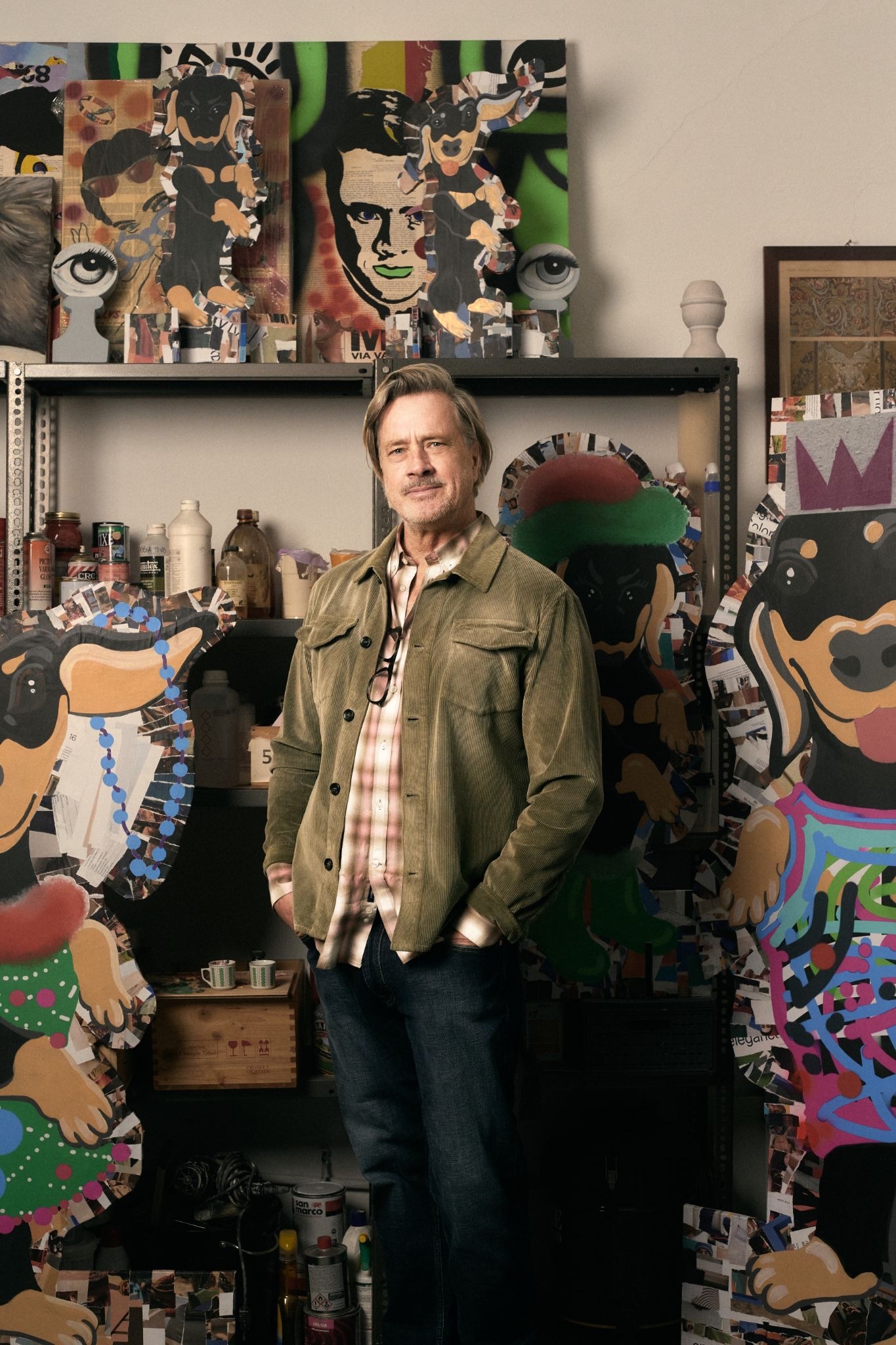
.JPG)
.jpg)
